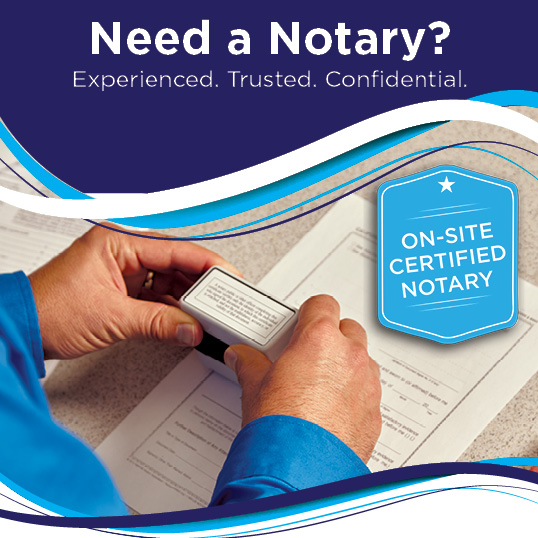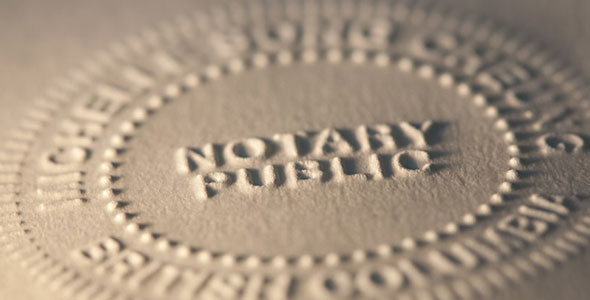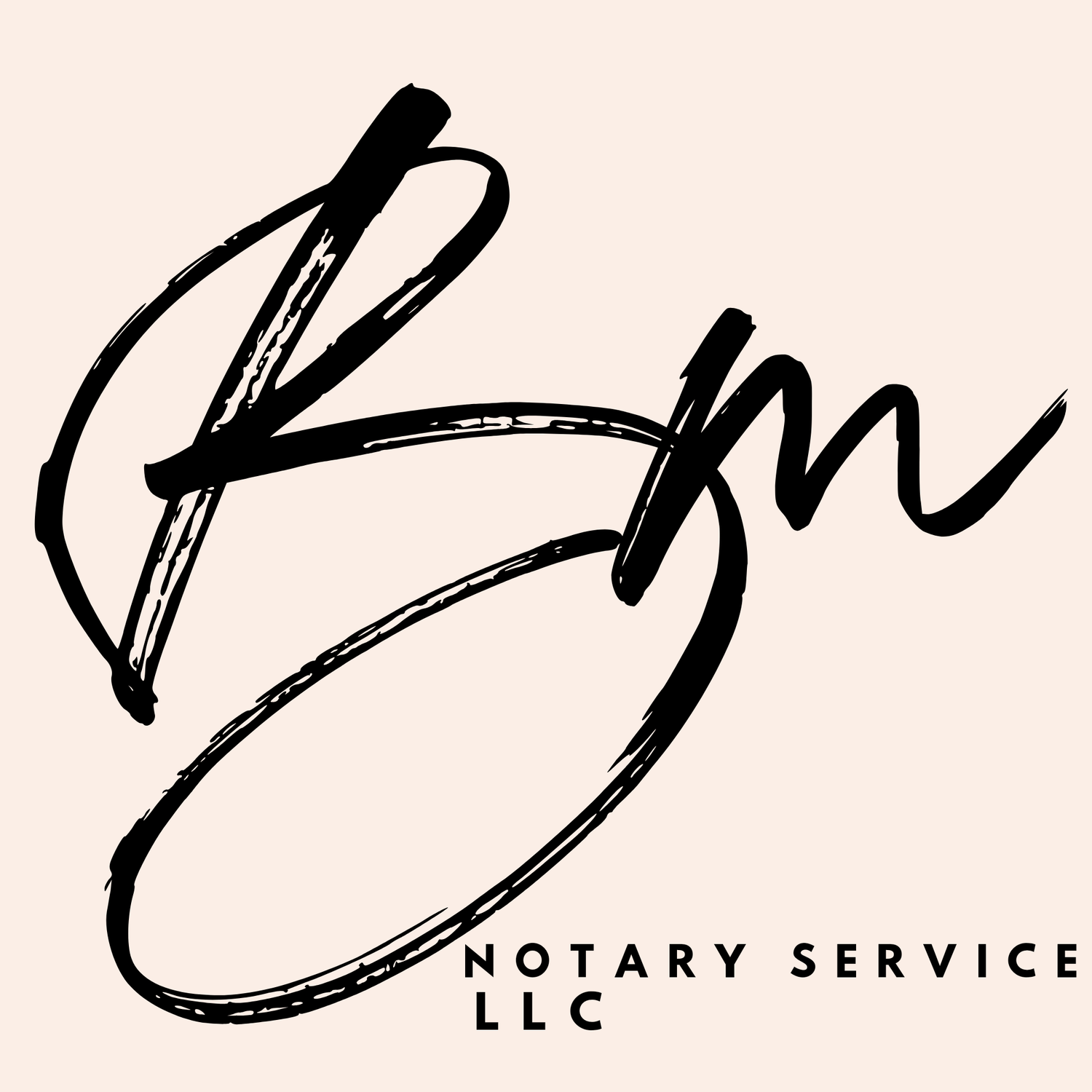Debunking Notarial Job: Simplifying the Duty and Relevance of Notaries
In the complex internet of lawful paperwork and verification, notaries stand as pillars of guarantee and authenticity. Their role, frequently shrouded in secret for numerous, brings significant weight in making certain the validity and integrity of essential documents. As guardians of legality and fact, notaries play a pivotal component in our culture, yet their work is not constantly fully understood. By deciphering the intricacies shedding and bordering notarial practices light on the value of their acts, a clearer understanding arises of the important function notaries play in supporting the fabric of contractual and lawful contracts.
The History of Notarial Work
The background of notarial job days back to old worlds, where scribes played a crucial role in videotaping vital information and authenticating documents. This led to the advancement of notaries, people designated by the state to act as neutral witnesses in lawful matters.
During the Center Ages, notaries acquired importance in Europe, with their features broadening to consist of drafting lawful files, licensing trademarks, and protecting records. The rise of international trade better emphasized the relevance of notarial operate in verifying contracts and contracts throughout boundaries.
In the contemporary age, notaries remain to play a crucial role in lawful and organization deals by validating identities, confirming the authenticity of records, and preventing fraud. Their function in accrediting the legitimacy of agreements includes a layer of protection and trust fund to the ever-evolving landscape of commerce and regulation.

Tasks and Duties of Notaries
Notaries play a vital function in verifying the authenticity of files and the identity of notaries. One of their main duties is to witness the finalizing of essential records, such as acts, wills, and agreements, to make certain that all parties are entering into agreements intentionally and willingly.
They accredit duplicates of initial papers, providing guarantee to organizations that the copies are true reproductions of the originals. Generally, the tasks and duties of notaries are necessary in guarding the integrity and legitimacy of different papers and deals - Apostille.
Notarial Certificates and Signatures
Exhibiting meticulous focus to detail, notarial certificates and signatures function as crucial elements in validating the credibility of legal documents. Notarial certifications normally have essential info such as the date of notarization, the names of the signatures, a summary of the paper, and the notary's main seal. These certifications provide a clear document of the notarial act, ensuring that the file can be quickly determined and mapped back to the notary who supervised the procedure.
Trademarks play an essential duty in notarial work, as they represent the arrangement and approval of the parties entailed. Notaries very carefully witness the signing of files to confirm the identity of the signatures and validate that Learn More Here they are authorizing of their own free choice. By fastening their official seal and trademark to the file, notaries certify that the necessary treatments have been complied with and that the record is valid and enforceable.
In significance, notarial certifications and signatures are the trademark of credibility in lawful purchases, offering assurance to all parties involved that the documents are legitimate and binding.
Relevance of Notarial Acts

Registration Refine Explained
The notarization procedure commonly starts with the private providing the record to a notary public. When the identification is validated, the notary makes sure that the individual signing the record does so willingly and without any type of coercion.

Conclusion

Notarial certifications normally include essential information such as the date of notarization, the names of the signatures, a summary of the file, and the notary's official seal. These certifications give a clear document of the notarial act, making certain that the paper can be easily identified and mapped back to the notary who supervised the procedure.
By affixing their official seal and signature to the record, notaries license that the necessary treatments have been complied with and that the paper is enforceable and legitimate.
By verifying the identity of the signatories, verifying their readiness to get in right into the contract, and accrediting the day and area of the finalizing, notaries play an essential function in maintaining the legitimacy of lawful documents.After the paper is signed, the notary will fasten their official seal or get more stamp onto the paper.